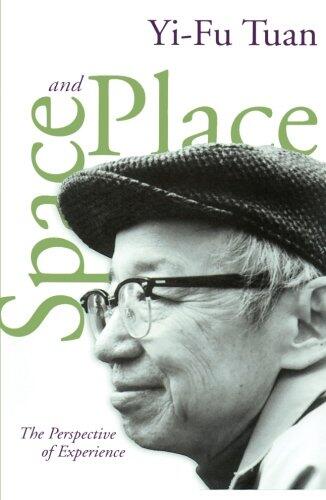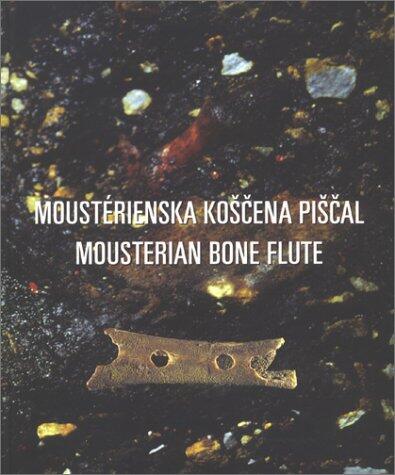
Bioethics in a European Perspective
Pas encore d'évaluations
Science & Technology
Philosophy
Health & Wellness
Format
Relié
Pages
560
Langue
Anglais
Publié
Dec 31, 2001
Éditeur
Springer
Édition
2002
ISBN-10
1402001266
ISBN-13
9781402001260
Description
This collective work brings together a diverse group of scholars from various European countries, creating a rich tapestry of perspectives in the field of bioethics. It examines the ethical, legal, and social implications of medical practices and advancements through a distinctly European lens. The authors delve into critical issues that arise from rapid changes in technology and healthcare, making it a timely contribution to contemporary discussions on ethics.
The contributors, well-versed in their respective fields, explore how different cultural, legal, and philosophical traditions in Europe shape the bioethical landscape. They address topics ranging from patient autonomy to the allocation of healthcare resources and the responsibilities of medical professionals. Each chapter offers insights that reflect the complexity and nuance of bioethical dilemmas in a multicultural context.
Through its comprehensive approach, the book not only highlights the challenges faced in bioethics but also emphasizes the importance of fostering dialogue among diverse viewpoints. The interdisciplinary nature of the discourse encourages readers to engage with the moral dimensions of biomedical issues that influence society today.
Ultimately, this work serves as a vital resource for scholars, practitioners, and policymakers, providing a foundation for understanding the intricate relationship between ethics, law, and medicine in Europe.
The contributors, well-versed in their respective fields, explore how different cultural, legal, and philosophical traditions in Europe shape the bioethical landscape. They address topics ranging from patient autonomy to the allocation of healthcare resources and the responsibilities of medical professionals. Each chapter offers insights that reflect the complexity and nuance of bioethical dilemmas in a multicultural context.
Through its comprehensive approach, the book not only highlights the challenges faced in bioethics but also emphasizes the importance of fostering dialogue among diverse viewpoints. The interdisciplinary nature of the discourse encourages readers to engage with the moral dimensions of biomedical issues that influence society today.
Ultimately, this work serves as a vital resource for scholars, practitioners, and policymakers, providing a foundation for understanding the intricate relationship between ethics, law, and medicine in Europe.
Avis
Aucun avis pour le moment
Soyez le premier à donner votre avis sur ce livre et partagez vos pensées
Ajouter le premier avisJournal de lecture
Aucun journal de lecture trouvé
Commencez à suivre vos progrès de lecture pour voir les journaux ici
Ajoutez votre premier journal de lectureNotes
Journal des transactions
Aucun journal de transactions trouvé
Commencez à suivre vos transactions de livres pour voir les journaux ici
Ajoutez votre premier journal de transactions


















